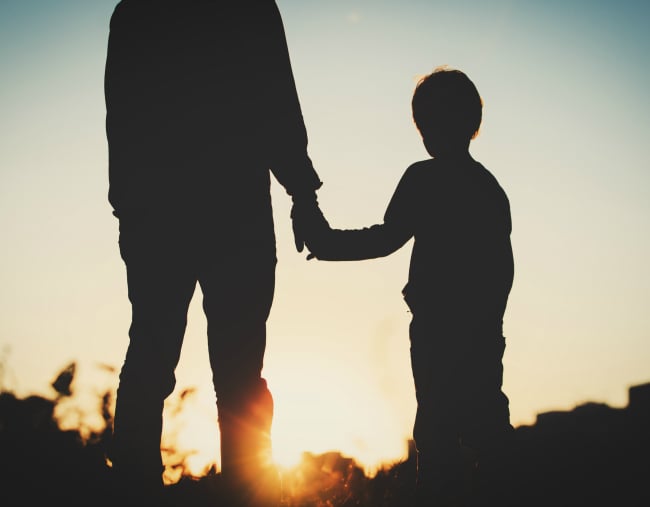
As a criminologist studying organised child sexual abuse, I sometimes feel like I live in the ‘upside down’, the shadow world parallel to our own in the TV series Stranger Things. In the TV series, the ‘upside down’ looks like our own world, but darker and filled with unpredictable terror. Kids disappear into it sometimes, and occasionally something awful slips out of it to disrupt our brighter universe. For the most part, people would prefer not to admit it exists.
I’ve interviewed over 40 Australians who report being abused by groups or networks as children. I’ve met many, many more survivors from around the world. Each of them has escaped from their own ‘upside down’: a dark childhood ruled by abusive adults demanding their compliance and silence. Far too often, their own parents orchestrated their abuse. We now know that parents are amongst the most prolific producers of child abuse material.
Every victim of child sexual abuse survives in his or her own way, often by pretending the abuse isn’t happening. The majority of sexually abused kids never disclose at the time, but even when they do, research suggests that most children are not believed. When a child offers us a glimpse into their ‘upside down’, it seems that most of us don’t want to help them, or don’t know how.
Trapped between two worlds – the shadow world of their abusers, and the world that turns a blind eye to it – is it any wonder that some survivors also turn away from knowledge of their abuse? One study of women with documented histories of sexual abuse found that one third did not remember the abuse seventeen years later. Of those that did remember, 16% said there were times where they did not recall the abuse. Many could not fully recall what had happened.




























































































